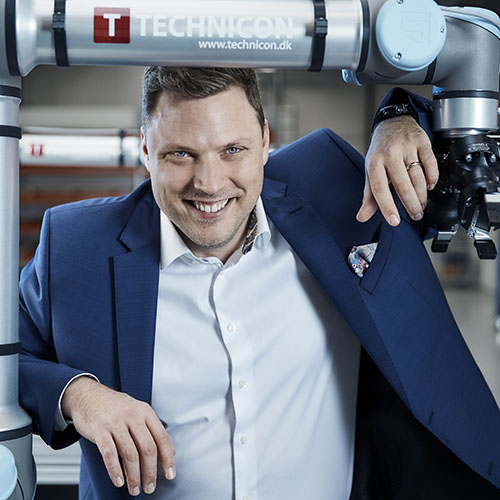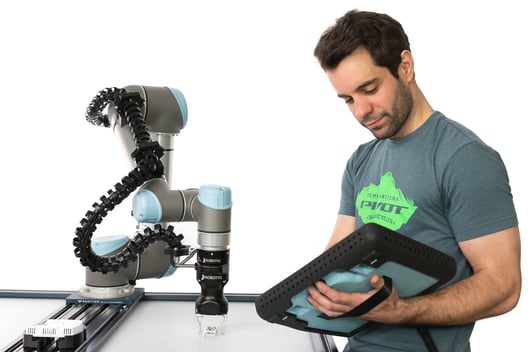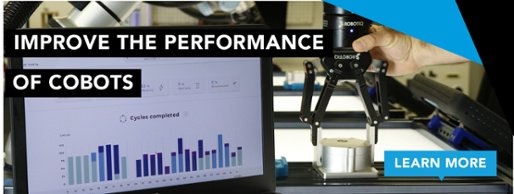The role of system integrators is radically changing

Posted on Jul 10, 2020 11:57 AM. 3 min read time
When my grandfather was a child decades ago, there were jobs in Denmark that few Danish children have ever heard of today—even though many of these jobs are the pillars upon which Denmark was founded.
With the passage of time, new technology, new inventions and new processes made many of these jobs superfluous. This is the essence of new technology: new developments replace functions that were once considered irreplaceable.
Listening to my grandfather reminds me that the wheels of history are driven by the acceleration of technology and the ability to embrace it.
Undoubtedly, my grandfather’s story is not unique—it can be told and heard everywhere. But what does it look like if we look ahead instead of back in time? Let’s consider how the children of 2030 will perceive one big present-day job title, system integrator.
A changing world
I am confident that few children will know the term “system integrator” in the year 2030. Don’t get me wrong: system integrators have played an essential role in going between robots and end users. But that was when cobots first entered the market in the 00s. Things have changed since. The wheels have turned.
It has now been around 60 years since industrial robots were introduced to large production plants, and about 15 years since cobots began their rise. Now, plug-and-play devices and modular systems are disrupting the industry, and as user-friendliness grows, system integrators will become an increasingly endangered species.
More plug & play
Fifteen years ago, system integrators were vital for managing installations and ensuring stable robotic operations at the companies with the ambition to embrace new technology. Because robotics lacked modularity and there were few common standards at that time, experts were required to bridge the gaps so systems could communicate and function.

But cobots have gradually been improved, and are now more integrative, user-friendly, and reliable. In recent years, flexible automation has evolved rapidly. Thanks to cobots’ ability to be deployed quickly for many applications, they are now increasingly being installed in industries where high-mix and low-volume production, and the need for rapid adaptability to new markets and changing needs, is a prerequisite for the company’s existence and growth.
An accelerating trend
The scale of robotic investments is constantly growing world-wide, new solutions are being developed, and the number of cobots and smart applications is increasing month by month. This is due to a trend towards increased modularity, enhanced user-friendliness, and a higher degree of connectivity.
That development will accelerate! Although covid-19 has had a paralyzing impact in 2020, it has only temporarily slowed the advance towards more flexible automation.
Advanced plug-and-play robots is a positive development that we should embrace. The bridge between technology developers and technology users must be as short and flexible as possible, so we should welcome the fact that the time of system integrators is coming to a close.
Like smartphones
The trend in robots will be very similar to what we have seen in the mobile phone industry over the past decade. Smartphones have better functionality than ever, and thanks to the huge number of applications that have been developed, the combination of hardware and smart software is able to meet the various needs of every smartphone user.
As I see it, the main reason for the massive deployment of smartphones over the past 10 years lies is their user-friendliness. These are the same trends we see in the field of robotics.
To accomplish the same thing in robotics, it should be even cheaper and easier to install and use robotic technology, and therefore, user-friendly solutions with rapid deployment and short turnaround time are becoming ever more essential.
Democratization: yes!
At Technicon, we believe the road to the next technological revolution goes through democratized robotics. By removing expensive and time-consuming intermediaries (namely, system integrators) we can revolutionize production potential and pave the way for sustainable growth and development. That is our mission and what we strive for every day.
I believe the role of system integrators will change significantly in the future. So far, system integrators have been a crucial link between robots, production equipment, and employees. System integrators will continue to be a central player on the team in the future—but they will play a different position on the field.
To continue to exist in the years to come, system integrators must use their in-depth knowledge of the industry's manufacturing challenges to accelerate the number of advanced and modular applications.
In doing so, system integrators will play a vital role in developing even more user-friendly and flexible automation solutions—to the great benefit of the industries, companies, and children of tomorrow.


Leave a comment